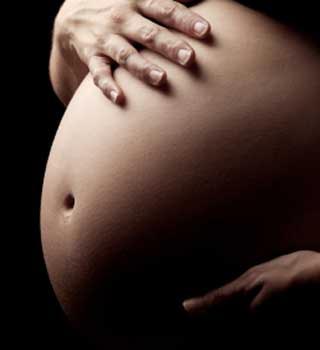
The experts enlightened that a growing body depicting vitamin D deficiency, probably leads to complications in pregnancy and poor neonatal health. Still the UK continues to remain the only one of 31 European countries that doesn’t set vitamin D recommendation for women of reproductive age. The UK also seems to be unsuccessful in approving a daily supplement to expectant mothers.
Dr Elina Hypponen, co-author, a reader in epidemiology and public health at the ICH, quoted, “The incidence of vitamin D deficiency in pregnant women in Britain is unacceptably high, especially during winter and spring. This is compounded by a lack of exposure to sunlight and the limitations of an average diet to meet the optimal need. In the most severe cases, maternal vitamin D deficiency can be life threatening to a newborn. We believe that the routine provision of a daily supplement throughout pregnancy would significantly decrease the number of mothers who are clearly vitamin D deficient, reducing related serious risks to their babies. Our take on vitamin D supplementation in the UK has seen many changes over the decades and we can see clearly from past experience that a proactive approach to supplementation has coincided with a much lower incidence of deficiency linked diseases such as infantile hypocalcaemia and rickets.â€
The authors scrutinized present day data for the UK. It revealed that while 9.2 percent women are apparently vitamin D deficient, 6.6 percent men also report vitamin D deficiency. The investigators ascertained an elevated risk situation for one in four pregnant mothers who appeared to be vitamin D deficient, means they were below 25nmol/l during winter and spring. Almost 90 per cent having concentrations registered as insufficient depicting below 50nmol/l were revealed.
Dr Hypponen said, “This risk of vitamin D deficiency is largely being overlooked by our health professionals. Under a current government scheme, pregnant women who are on a low income are entitled to receive supplements free of charge, but there is no strong evidence to suggest that this group is at greater risk. What’s needed is a unified approach that will ensure that all expectant mothers, regardless of their economic status, are informed of the benefits of taking a regular supplement throughout pregnancy.â€
Historical data has been seemingly pointed at by the investigators as it may support a daily dose of at least 10µg of vitamin D in order to restrict vitamin D deficiency in expecting mothers. The recent study also encompasses evidence potentially recommending wide-ranging benefits for the prevention of deficiency for the health of both mother and child.
The study was published online by the British Journal of Nutrition (BJN).
